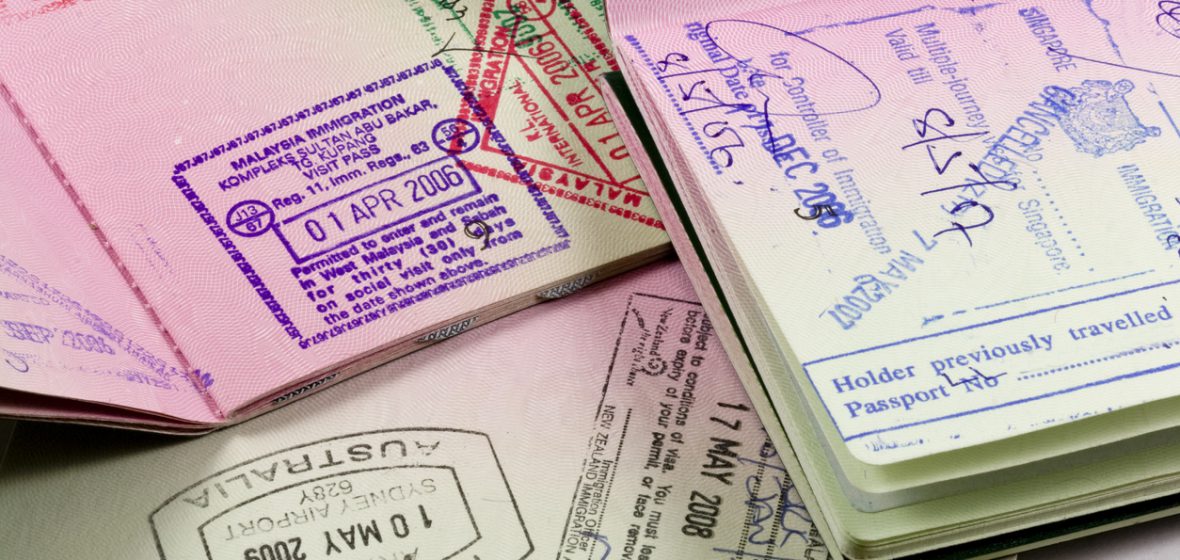Snapshot
- After more than 20 years, the dual regulation of immigration law practice is ending.
- By March 2021, legal practitioners will no longer need a migration agent registration to advise or assist in immigration matters.
- This reform will align Australia with regulatory regimes in New Zealand, Canada and the United Kingdom.
By March 2021, legal practitioners will be able to provide assistance in immigration matters without holding registration as a migration agent. This is thanks to the passage of the much awaited Migration Amendment (Regulation of Migration Agents) Act 2020, (‘The Amending Act’) assented to on 22 June this year. The passage of the new legislation follows a long period of highly restrictive dual regulation for Australian lawyers.
A brief history of dual regulation
In September 1992, it became an offence for an Australian legal practitioner to advise or assist a person in Australian immigration law, unless that practitioner was a registered migration agent (Migration Amendment Act (No. 3) 1992 (Cth), Part 2A). Since that time, legal practitioners (i.e. lawyers with a current practising certificate) who are not registered as migration agents have been permitted to run an application for a judicial review of a migration decision, but not to assist a client to apply for a visa or, in most cases, seek merits review of a migration decision before the Migration & Refugee Division of the Administrative Appeals Tribunal.
‘Immigration assistance’ is defined under the Migration Act 1958 (‘the Act’) to mean advising or assisting a visa applicant, or review applicant, with an application for a visa or visa cancellation procedure before the Department of Home Affairs, the Administrative Appeals Tribunal or the Minister acting personally. It has been a strict liability offence for a lawyer to provide immigration assistance without migration agent registration (60 penalty units or $13,320 as of 1 July 2020 (s 280)). The Act also provides for 10 years imprisonment for lawyers who charge a fee for the provision of immigration assistance without being registered (s 281). These prohibitions even forbid a lawyer from advising on migration matters which arise tangentially in other areas of law.
When the new Amending Act comes into force in March 2021, legal practitioners will be able to provide assistance in immigration matters without holding registration as a migration agent. An Australian practising certificate will be sufficient for all areas of law.
The push for reform
The Migration Act’s restriction upon legal practice, and upon the availability of those able to assist non-citizens with visa requirements, was unsuccessfully challenged before the High Court in the matter of Cunliffe v Commonwealth (1994) 182 CLR 272; [1994] HCA 44. The Court’s role was limited to ruling upon the constitutional validity of the law. By way of obiter, Mason CJ (of the minority), observed that the stated justification for the dual regulation of immigration lawyers had not been established, since it had not been demonstrated that there was a need for standards of competence and integrity for legal practitioners beyond that required for admission. Mason CJ observed that the justification raised seemed incongruent with the fact that lawyers not registered as agents could continue to act in immigration cases before Federal courts:
‘If it be accepted that lawyers admitted to practise are sufficiently well versed in migration law and practice to provide, in the Minister’s words: “general legal migration advice unrelated to the completion and lodgement of (entrance) applications”, then why are they not sufficiently well versed to prepare, or to give advice about, an entrance application or to prepare for, or to represent a client in, proceedings before a review authority?’ (at [50])
Decades later, the 2014 Independent Review of the Office of the Migration Agents Registration Authority undertaken by Dr Kendall (‘the Kendall Review’) rejected claims that legal practitioners were insufficiently qualified or ethical to act in immigration matters without being subject to dual regulation. The Inquiry agreed with previous observations of the Productivity Commission that ‘there appears to be an absence of firm evidence to support the position that (exempting lawyers from the need to be registered as migration agents) … would be likely to result in reduced protection for clients.’ (p18)
The Kendall Review concluded that the ‘dual regulation of lawyers risks confusing those seeking migration assistance and imposes an unjustified burden on lawyer agents who, as lawyers, are already subjected to one of the strictest regulatory regimes of any profession in Australia.’ (p18). The findings made by the Review were the foundation for the development of legislation that culminated in the recent passing of the Amending Act.
The Amending Act
This Amending Act amends the Migration Act 1958 to permit all ‘Australian legal practitioners’ to give immigration assistance as part of their legal practice without being registered as a migration agent (s 280 of Act as amended). An Australian legal practitioner is defined as a person who holds a practising certificate (whether restricted or unrestricted) issued by a State or Territory authority (s 275 as amended). The amendments will commence within nine months of the date of assent on 22 June 2020, as fixed by Proclamation. Transitional provisions apply such that legal practitioners holding restricted practising certificates may elect to be registered migration agents for up to two years, with the possibility of that period being extended. Otherwise, the new scheme will prevent a legal practitioner from registering as a migration agent.




